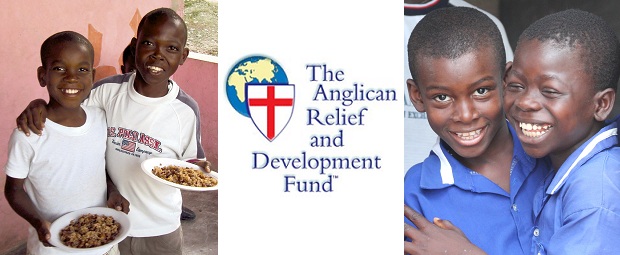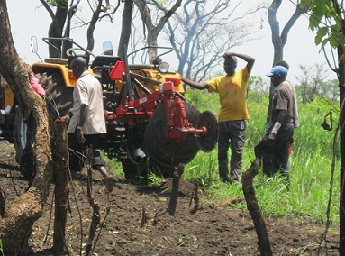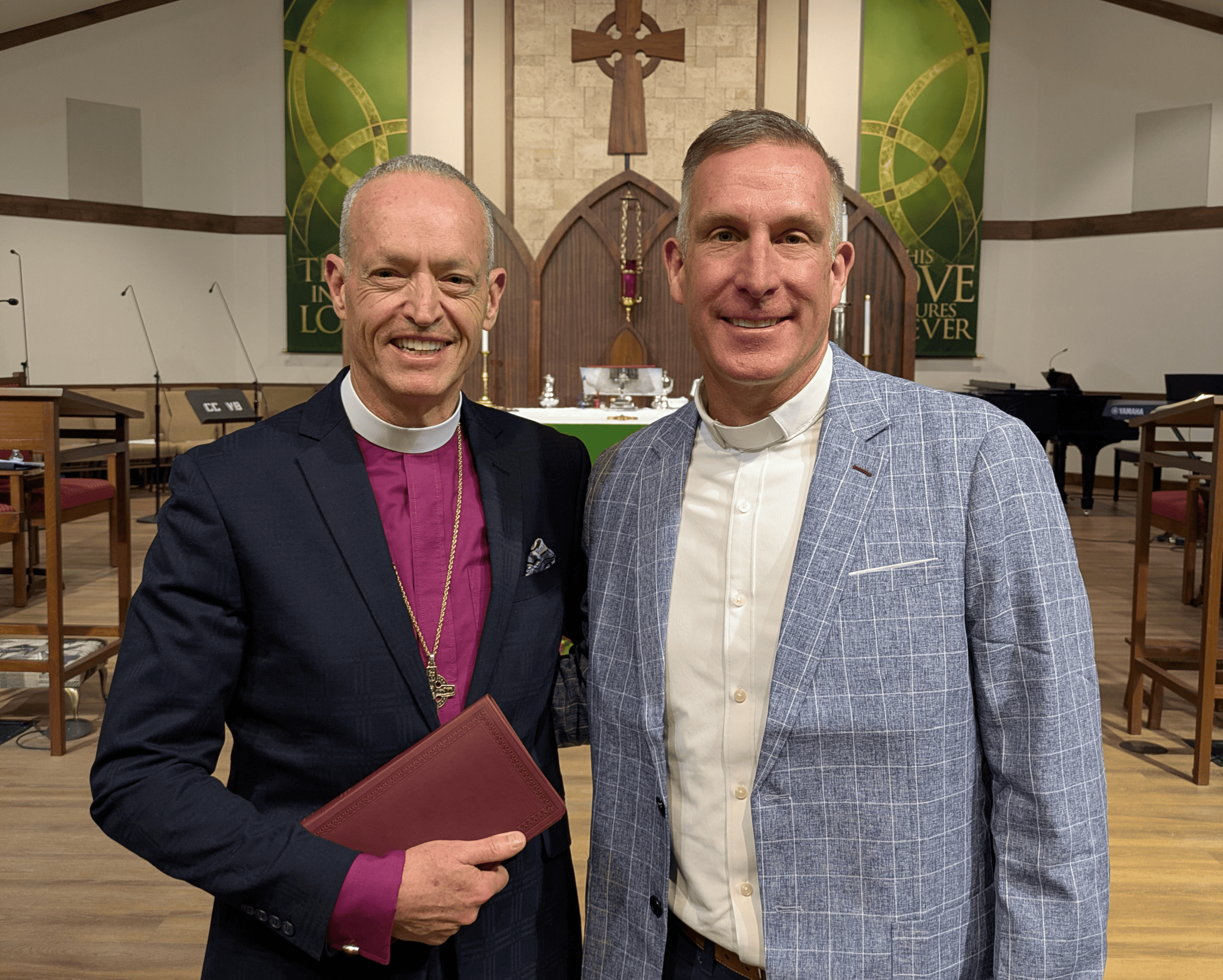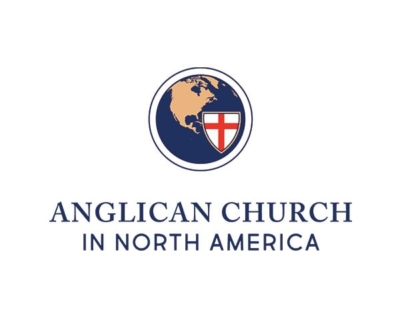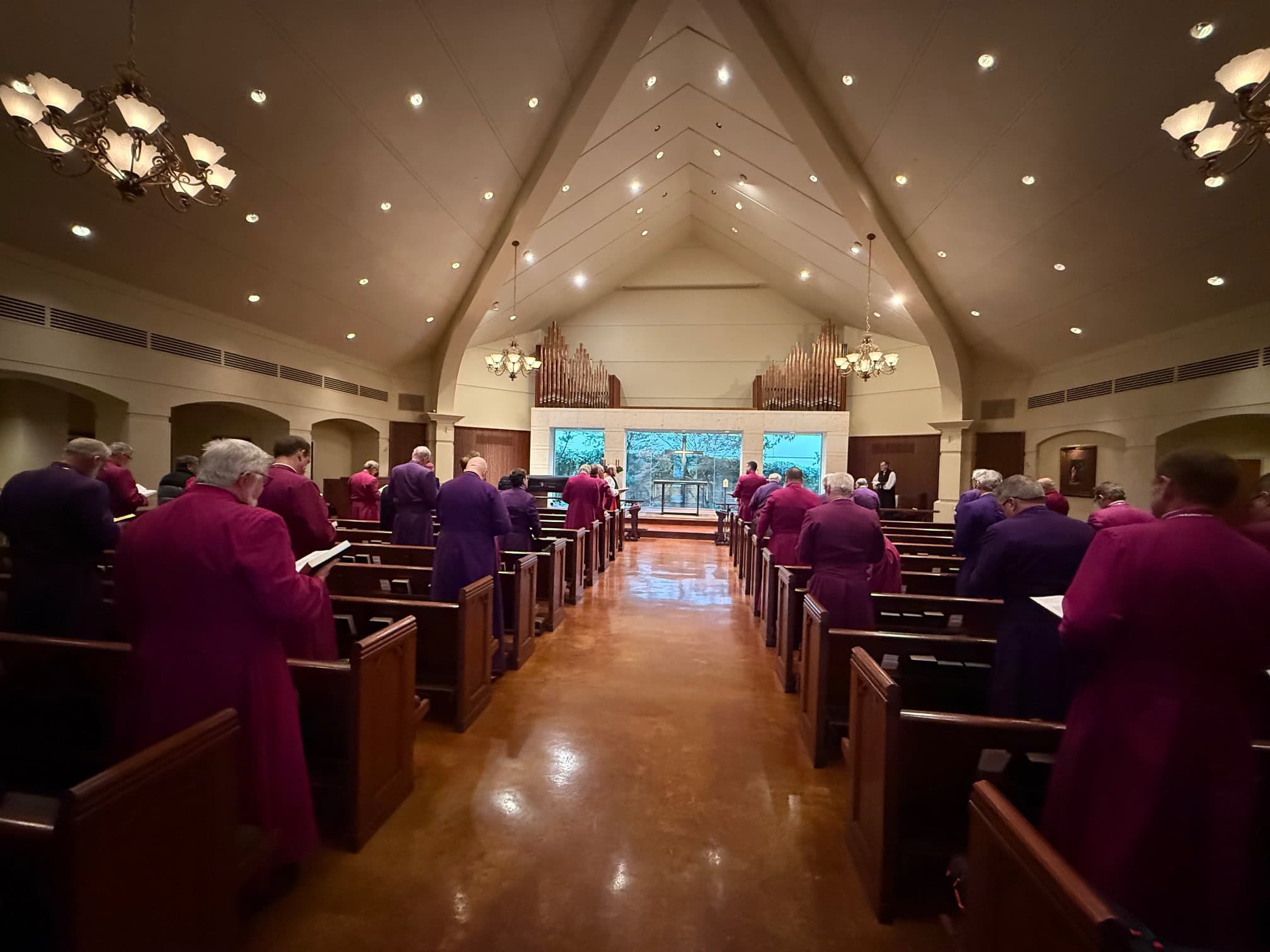This September, the Anglican Relief and Development Fund (ARDF) is celebrating seven years of providing aid for the least among us. To date, the organization has delivered over $4.8 million in funding for over 105 relief and development projects and impacted people in 32 countries, while strengthening partnerships with Anglicans across the globe. ARDF has been embraced as the official relief and development arm of the Anglican Church in North America with a body of International Trustees, including seven Anglican Primates.
But none of ARDF’s work, whether it’s providing aid in the midst of a natural disaster or training poor farmers in South Sudan, would be possible if it weren’t for the Lord’s leading and the generosity of His people.
An Organization on a Mission
The mission of ARDF is twofold and focuses on bringing about real life change to the suffering and the poor in some of the most challenging areas in the Anglican Communion. ARDF provides effective relief and development assistance for high-impact projects with measurable transformation results.
Many Christian aid groups provide excellent services, but shy away from connecting the aid back to the Gospel. ARDF specifically includes an evangelism component in every project to expand God’s Kingdom.
Nancy Norton, Executive Director of ARDF, discussed meeting basic needs while sharing the Gospel, “It’s nearly impossible to share the Gospel with someone who’s hungry or in pain. We’re about holistic ministry, not only to meet physical needs, but to meet spiritual needs as well.”
How It Works
It’s safe to say ARDF is very cautious when determining which projects to embrace. After a project has been submitted for consideration via a formal application, the staff reviews it to ensure the project meets all the required criteria for consideration.
Questions are asked about whether it fits ARDF’s funding criteria, whether it’s feasible and sustainable, and whether it is located in an area that has been prioritized by the International Trustees as a place where ARDF has been called to work.
Next, ARDF’s research agency, Global Scripture Impact, puts boots on the ground to survey these potential projects in advance. If a school is up for funding, for instance, the researchers will check out everything from the location to where to find teachers and how the project will be sustained following implementation.
All of this occurs before ARDF begins the next steps of securing final approval through a vote from the International Trustees and fundraising to meet the project needs. If ARDF takes on a project, reports are required throughout the funding process, including a final report called the Impact Assessment.
In addition to these special development projects, ARDF stands ready to fundraise for natural disasters around the world. Recent examples include the Japan tsunami and the Christchurch, New Zealand earthquake. ARDF was extremely active in responding to the 2010 Haiti earthquake as well.
Since ARDF’s work is international, it partners with the Anglican Church in North America to address disasters in the U.S. and Canada through its member dioceses. For example, the Anglican Diocese of the South loaded buses and delivered supplies to help with tornado relief this spring. “That gives the Diocese first-hand exposure to the people in need and provides an opportunity for evangelism at the same time,” Norton explained.
Real Results
ARDF is currently focusing on a number of areas, including the Democratic Republic of the Congo (DRC), Sudan and West Africa. “In those areas, the International Trustees feel our work is of the most value because we are serving the ‘least of the least,’” said Norton.
“We currently have a farming project in Southern Sudan. Local people in the Diocese of Yambio are trained in new agriculture techniques to move them from subsistence to self-sufficient farming. The project has immediately impacted about 1,600 family members in the southwestern part of Sudan and the progress reports have been excellent,” Norton stated.
Participating farmers receive tools and crops to grow corn, sesame, sorghum, ground nuts, cassava and rice. In addition to the food they consume, each family is expected to earn at least $350 a year in household income. They are also taught the concept of stewardship during weekly Bible studies.
Another completed project came from a young Ugandan Bishop with the vision to build a dormitory for 200 girls who attend St. Peter’s Secondary School in Sebei Diocese, Mbale. “Most dioceses in Uganda have an entire compound with a cathedral, school, diocesan office and even a clinic. Bishop Augustine Salimo had built a secondary school for girls and the funding was already in place for the teachers. But, the female students had to walk to school – some for two or three hours each way – and were getting kidnapped or raped en route. Although some of the girls were staying with Bishop Salimo, many others needed housing in the compound. Our assistance in building the dormitory project provides a wonderful example of how we value partnerships and are able to build on what is already being done. The result is the girls are not only educated, but in addition, are safer,” Norton explained.

In the words of Emily Chematai, a second year student at St. Peter’s Secondary School at the time, “St Peter’s saved me from being married. My parents had already gotten a husband for me who was going to give them five cows. His other wife had died and people of my village were saying she had slim [a local name for HIV]. At least with education, I can also have a good life. You know people here do not allow us girls to go to school after age 12 or 13. They want us to dig for food and get married.”
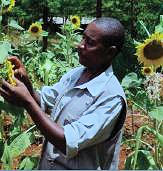
Urgent Needs
Among ARDF’s urgent needs is a strategic initiative in the DRC. ARDF’s International Trustees approved six projects in the area, including: a vocational skills project in the Diocese of Aru, a new secondary school building in the Diocese of Boga, a farming and animal husbandry project in the Diocese of Kindu, a grain processing program in the Diocese of Kisangani, and a pastoral training program, including building a multipurpose center in the Diocese of Bukavu, which are funded and underway. However, the final project, the construction of a conference center to expand holistic ministry in the Diocese of Kivu is in urgent need of funding, Norton said.
One way for people to support ARDF projects is to give through the website: http://anglicanaid.net/?/main/page/donate. Supporters are also encouraged to send a check to the organization’s secure lockbox: Anglican Relief and Development Fund, P.O. Box 3830, Pittsburgh, PA 15230-3830. A specific project can be designated in the memo line of the check. For those in Canada, information on projects and donation instructions can be found at http://www.ardfc.ca/.
Regardless of the location of the project or the type of aid that is being offered, one thing is for sure: The Lord has blessed ARDF in its mission of delivering the Gospel message while positively impacting the daily lives of our Anglican brothers and sisters in Christ suffering because of lack of water, food, medical care, education and regional conflict.
“We must always remember that donors are not giving to ARDF, but through ARDF to further God’s call for us to support our brothers and sisters in need,” Norton concluded.
For more information on the Anglican Relief and Development Fund, stay in touch via the organization’s website, where you can join the e-mail newsletter list, and the ARDF Facebook page.
All photos are courtesy of ARDF unless otherwise noted. Captions (top to bottom): Young boys receive food in Haiti following the earthquake (credit: World Relief); another set of boys hug in a photo taken during an ARDF visit to West Africa. A photo depicts Sudanese farmers with a tractor, part of ARDF’s current Sudan project. Teachers, guests and students ages 14 and up, who attend St. Peter’s Secondary School in Uganda, pose for a photo; ARDF built a dormitory on site. A man tends sunflowers as part of ARDF’s Planting Faith project in Kenya (credit: Planting Faith Ministries).
